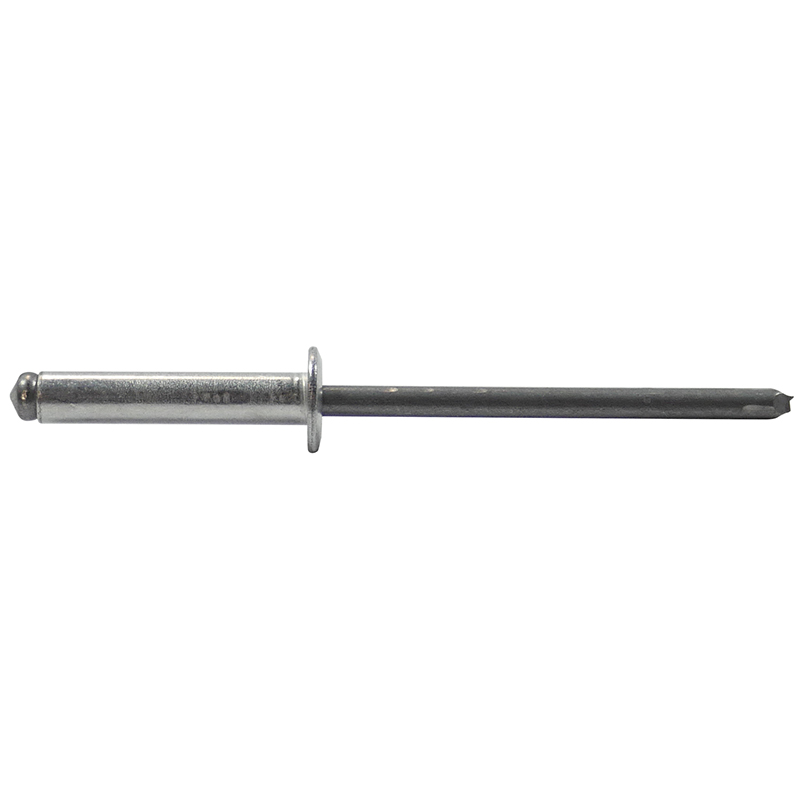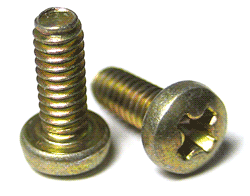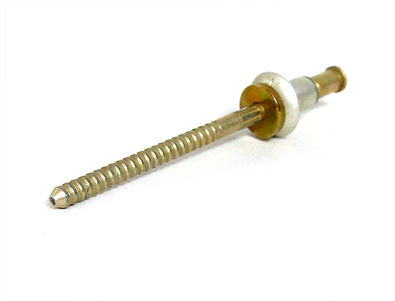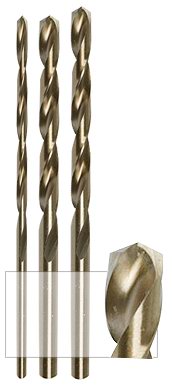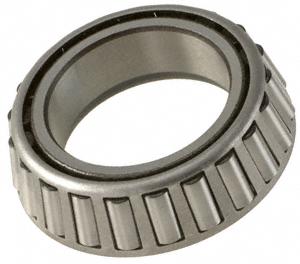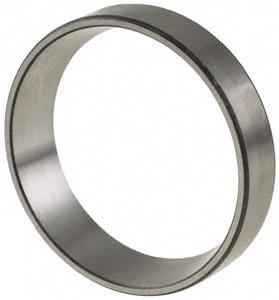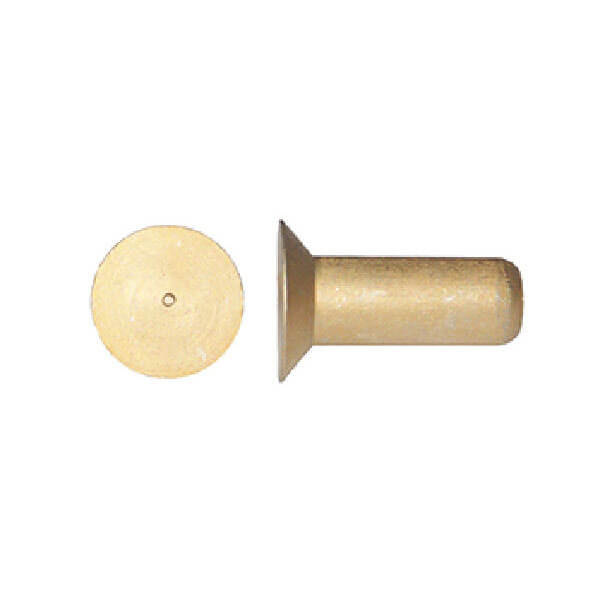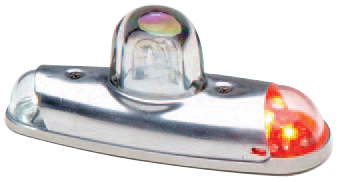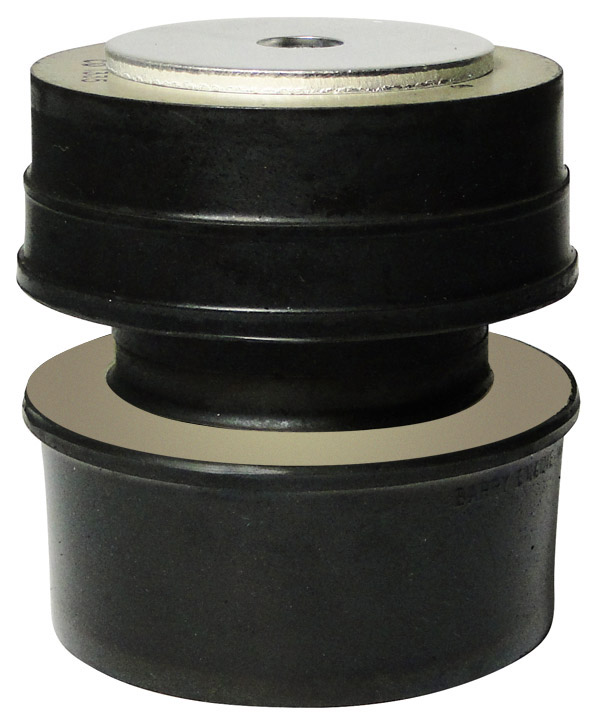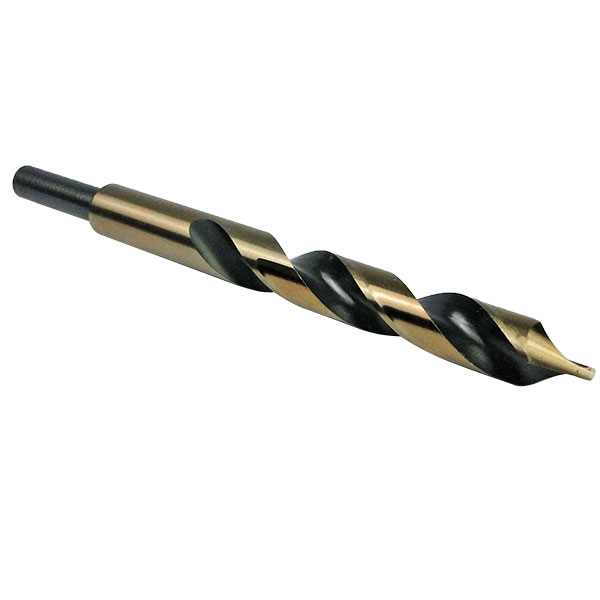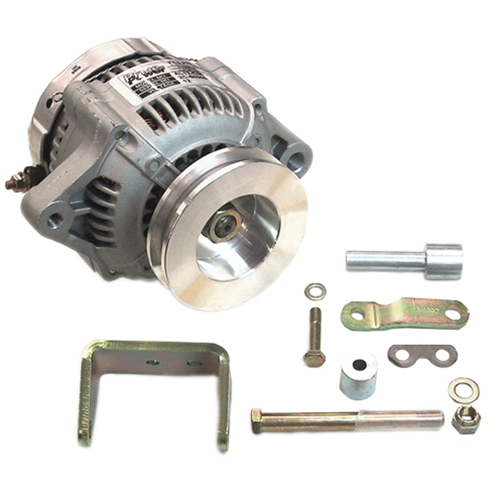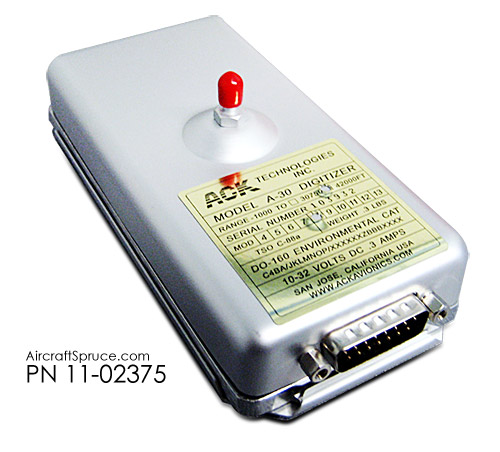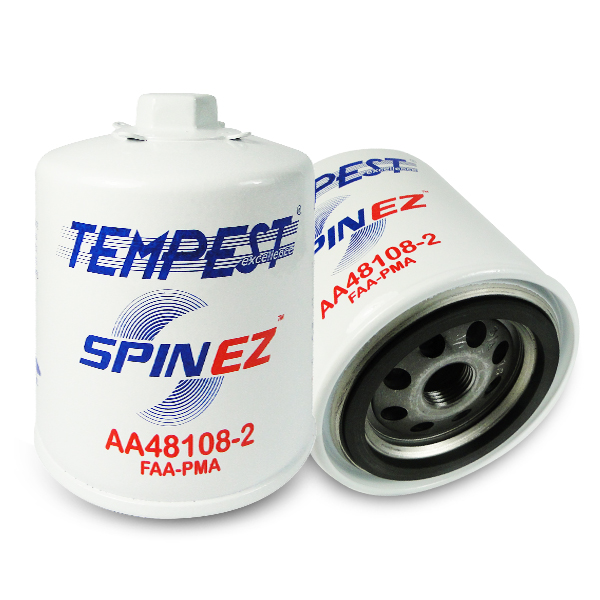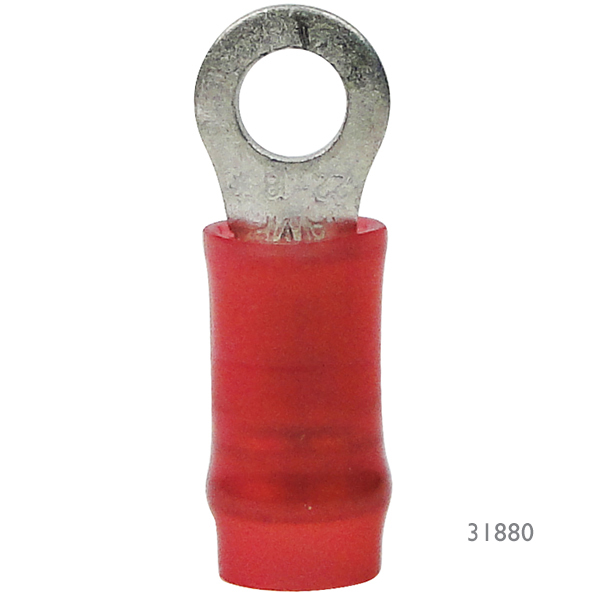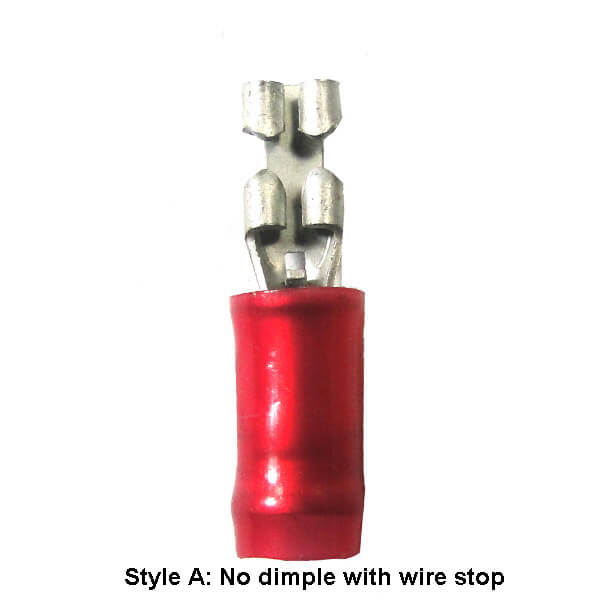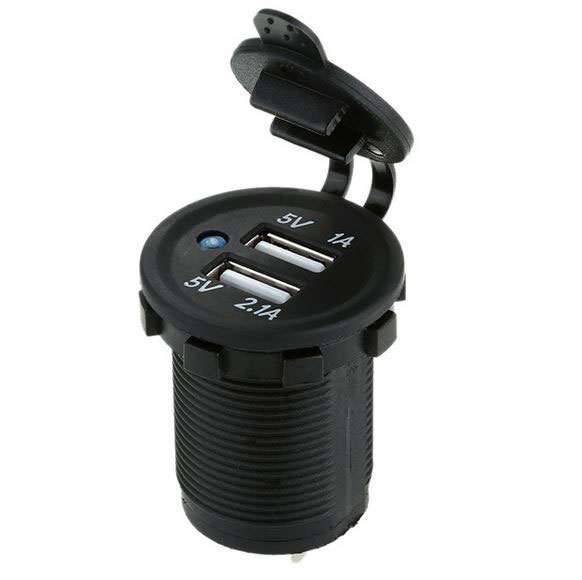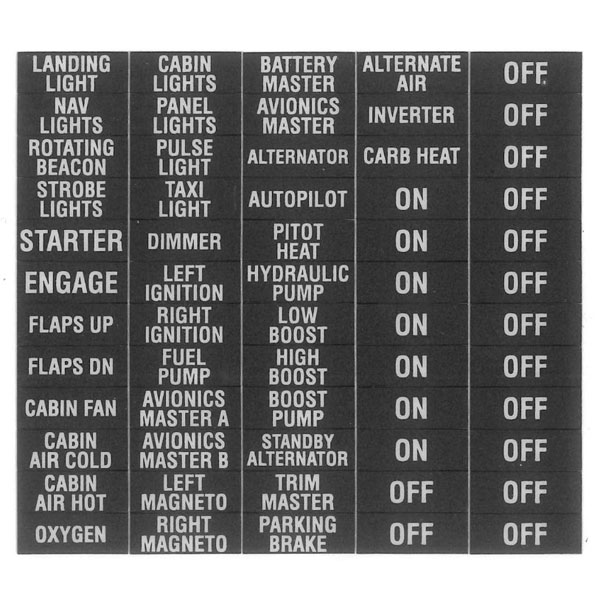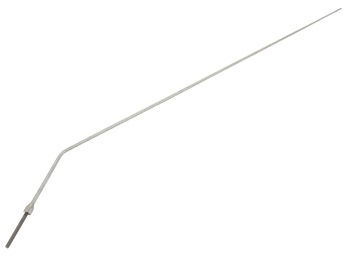Sharpie: The Life Story Of Evelyn Sharp ? Nebraskas Aviatrix
Артикул: 13-16680
3563 2969 руб.
Наличие: – Есть в наличии у нашего поставщика. Доставка на наш склад в течение 5...6 недель после оплаты Вами заказа.
Overview
| As the powerful P-38 lifted off the runway at New Cumberland, Pennsylvania, on April 3, 1944, the pilot, Evelyn Sharp, knew she was in trouble. She did not need to see the black smoke belching from the pursuit's left engine. Her cockpit instruments told her all she needed to know. With not enough altitude, nor engine performance to gain that altitude, a twenty-four-year-old barnstorming pilot from Nebraska set the Army Air Forces state-of-the-art fighter down on a grassy knoll near a wooded ravine. In the throes of the Great Depression , amidst the red dust and grasshoppers borne by a wind from the Oklahoma Panhandle, a young girl named Evelyn Sharp grew up in the north central region of the Nebraska Sandhills. It was there she assimilated the values of perseverance and commitment, and acquired a sense of adventure which would clearly define her character. Evelyn would not settle for the security of a loving husband and home. She wanted to fly. Born humbly, she was adopted by a loving childless couple who moved often, finding opportunity wherever it seemed to be. In her adult life, Evelyn would learn that a woman known to her as Aunt Elsie was in fact her biological mother. Evelyn was into every activity Ord High School had to offer, and she graduated in 1937 as the best girl athlete in the history of the school. During that time, an itinerant flight instructor, behind in his room and board bill at John Sharp's rooming house, offered to give Evelyn free flying lessons. Her fate was sealed. Evelyn took her first flight when she was fifteen years old and soloed one year later. The Ord businessmen put a down payment on a brand new Taylor Cub airplane for her, and in return, she promised to repay them through promotional advertising of the North Loup Valley during barnstorming tours. It was a good deal for both. Evelyn earned her private license at seventeen and a commercial-transport at eighteen. During l938 and 1939, she made appearances at county fairs and other community celebrations, giving over five thousand people a sky-ride. For most of them, this was their very first time in an airplane. By the age of twenty, she was one of only ten women flight instructors in the United States. Evelyn taught flying to over 350 men in the Government's pre-W.W.II Civilian Pilot Training Program in South Dakota and California. By this time, she was sole support of her parents. When the War Department organized the Women's Auxiliary Ferrying Squadron in 1942, Evelyn qualified as its seventeenth member. She brought more hours to the Ferrying Command than any of the other pilots. Freeing male pilots for combat, Evelyn flew nearly every airplane in the Army Air Forces inventory. She needed to complete transition to the B-17 before earning the highest rating available. That April day in 1944 during the Lockheed P-38 delivery to Newark, New Jersey, Evelyn's plane lost power on takeoff. She did not survive the forced landing. It had been nine years since she had taken her first flight off the pasture strip along the North Loup River in Valley County. But in that short time, she had left indelible memories in the hearts and minds of those who knew her. For those who did not know her, there are impressive remembrances of a woman who has been called Nebraska's most famous aviatrix: a P-38 prop marking the site of the airport at Ord named in her memory, picture and print lining the walls of the fixed-base operations building, the Nebraska State Historical Marker at the entrance to Sharp Field, and the renaming of a portion of Highway 11 to Evelyn Sharp Road. Each year on Fathers' Day weekend, the community of Ord celebrates Evelyn Sharp Days and remembers her induction as the first woman into Nebraska's Aviation Hall of Fame and Ord High School's Distinguished Alumni. Evelyn did not let role expectations, struggles, or disappointments stand in her way. She earned the reputation of being one of the finest pilots in the nation, but more importantly she had been kind to her family and friends. She did not forget the roots of her upbringing. In 1941 when a Bakersfield Californian reporter asked her if she would volunteer if war broke out, she had replied: Certainly! There's plenty of things a woman flier can do to help the aviation branches of the service. I'll do everything I can. For Evelyn Sharp, that statement had become prophetic. |




